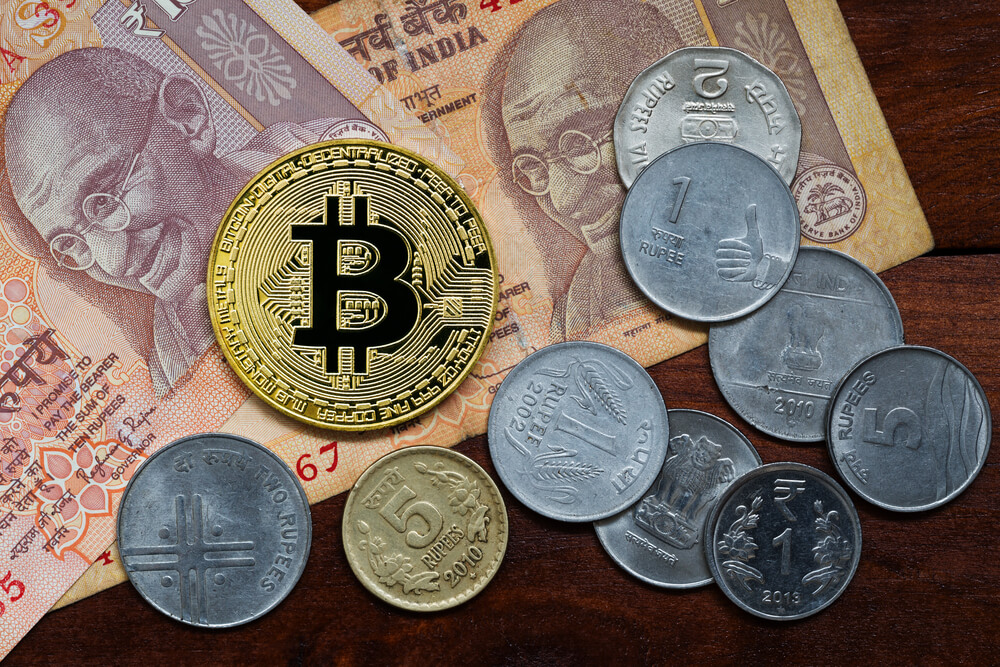India Turns to Discreet Trading Methods to Circumvent Cryptocurrency Ban

The Indian government’s crackdown on cryptocurrencies has not deterred the populace from employing new ways to purchase and trade digital assets. While exchanges have launched peer-to-peer models, a small fraction is resorting to “Dabba trading.”
Banning Not Enough
As reported on July 30, 2018, by local outlet Business Today, Dabba trading refers to making trades outside the order books, usually in an illegal setting different to a formal OTC market.
While used since decades by Indian stock trades, the method has since an upsurge after India’s crackdown on cryptocurrencies, especially after April 2018’s decision of ceasing banking activities for the country’s vibrant crypto market.
The Dabba process is similar to the hawala network, an underground logistics framework used mainly by criminals for transporting goods and money around the world. However, instead of exchanging chits at the destination, Dabba traders execute trades on a platform connected with a foreign bank, usually based in Dubai, Europe, and the U.K.
The report noted several Dabba brokers are present in the Indian cities of Surat, Kolkata, Ahmedabad, and Mumbai, all known for their financial prominence and thriving industries.
The Process
The brokers typically accept trades from the investor in cash and buy bitcoins using an overseas trading account they have access to. When the investor decides to cash out, the broker simply pays out the difference in cash, while selling his bitcoins in the foreign trading account and routing money via hawala.
However, some brokers have international bank accounts and conduct cross-border transfers to avoid the need of using the risky hawala channel. Trades are settled once per day, but reports suggest some settlements could take a week.
While the Indian government has a maximum annual remittance limit of $250,000, brokers circumvent this stoppage and continue their business in cash or cheque.
To converse, traders and brokers use Telegram instead of WhatsApp or Facebook, presumably to take advantage of the encryption services and protecting identity.
P2P Proving Popular
For Indian cryptocurrency users, not Dabba trading due to choice or risk-aversion, peer-to-peer exchanges like Koinex Loop and WazirX prove to be saviors. The P2P model avoids the use of international banks accounts entirely, instead of using a smart contract escrow to release funds after all conditions are met.
Meanwhile, India awaits its September 2018 judgment on the cryptocurrencies, including trading, regulation, and future use cases, as reported by CCN.com.
Featured image from Shutterstock.